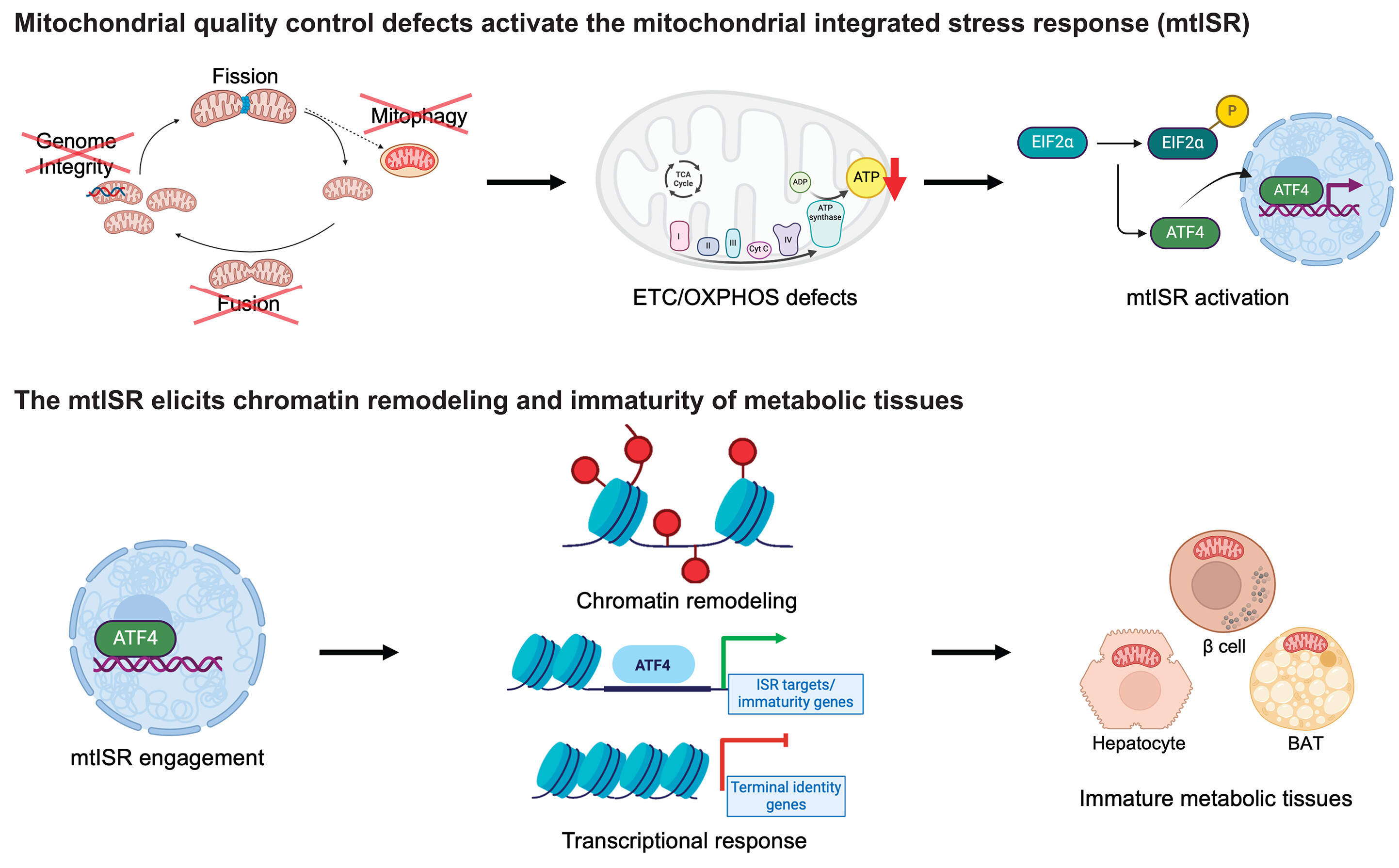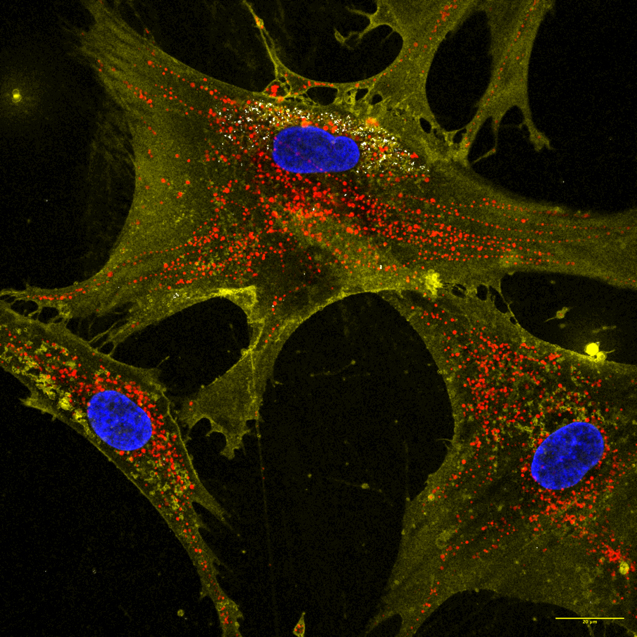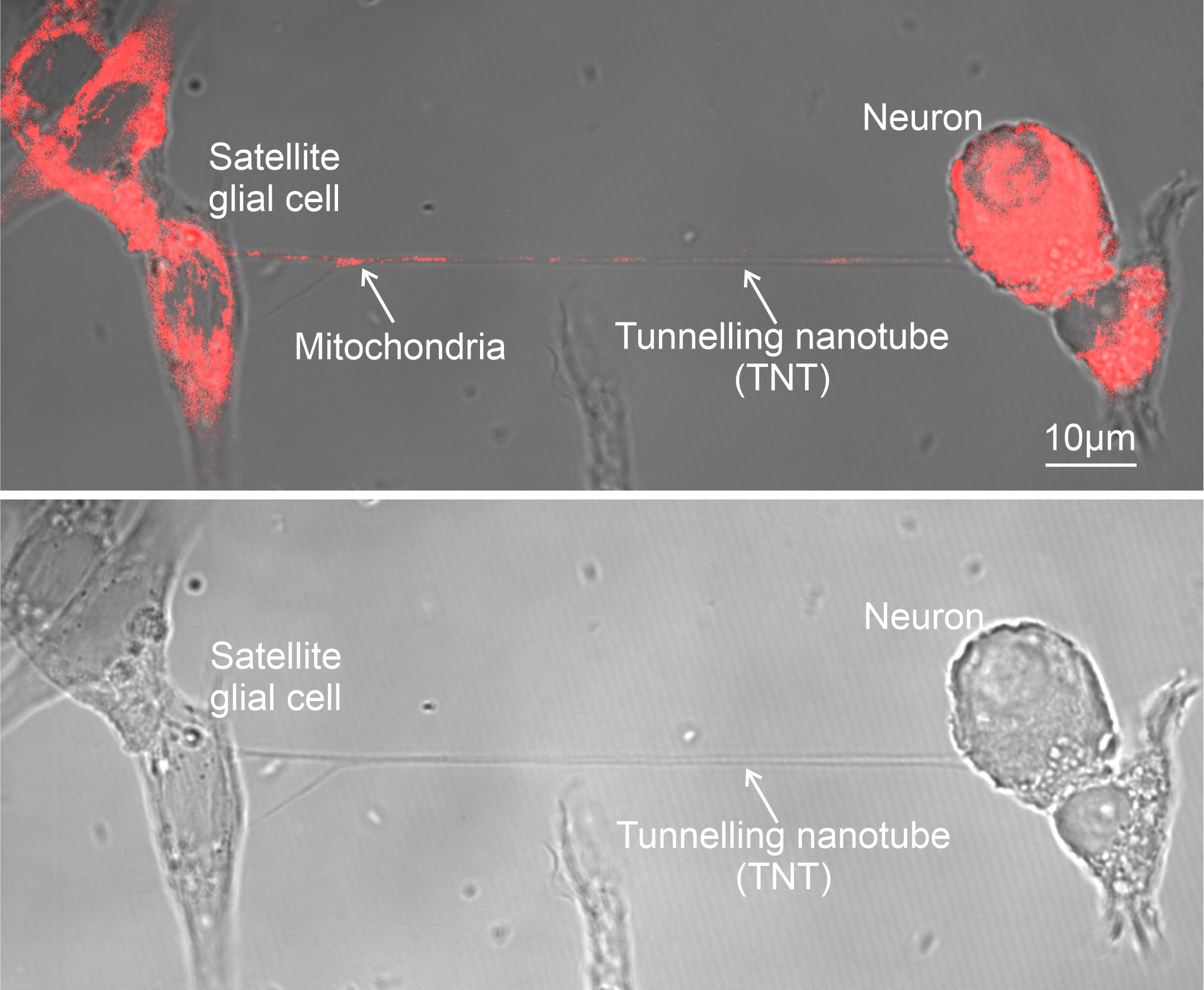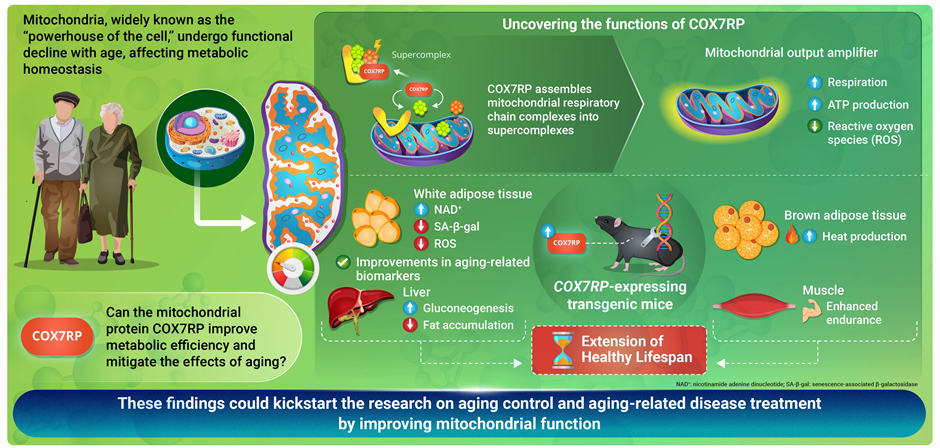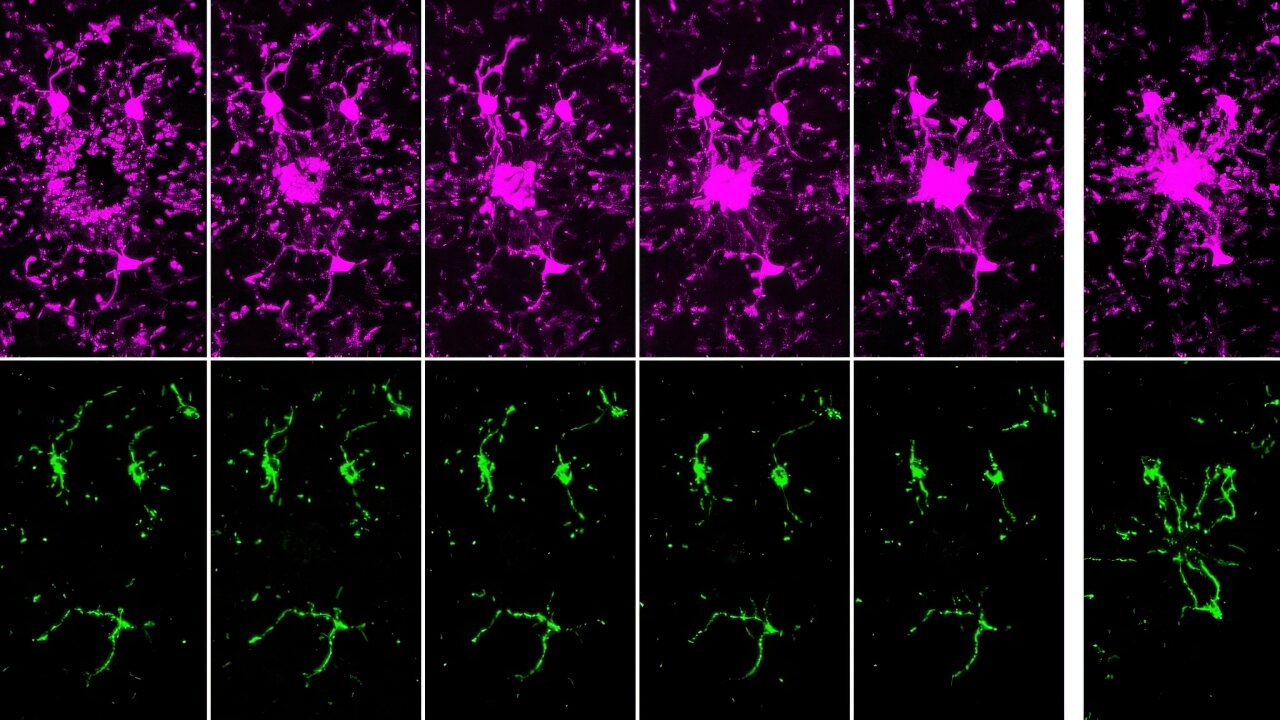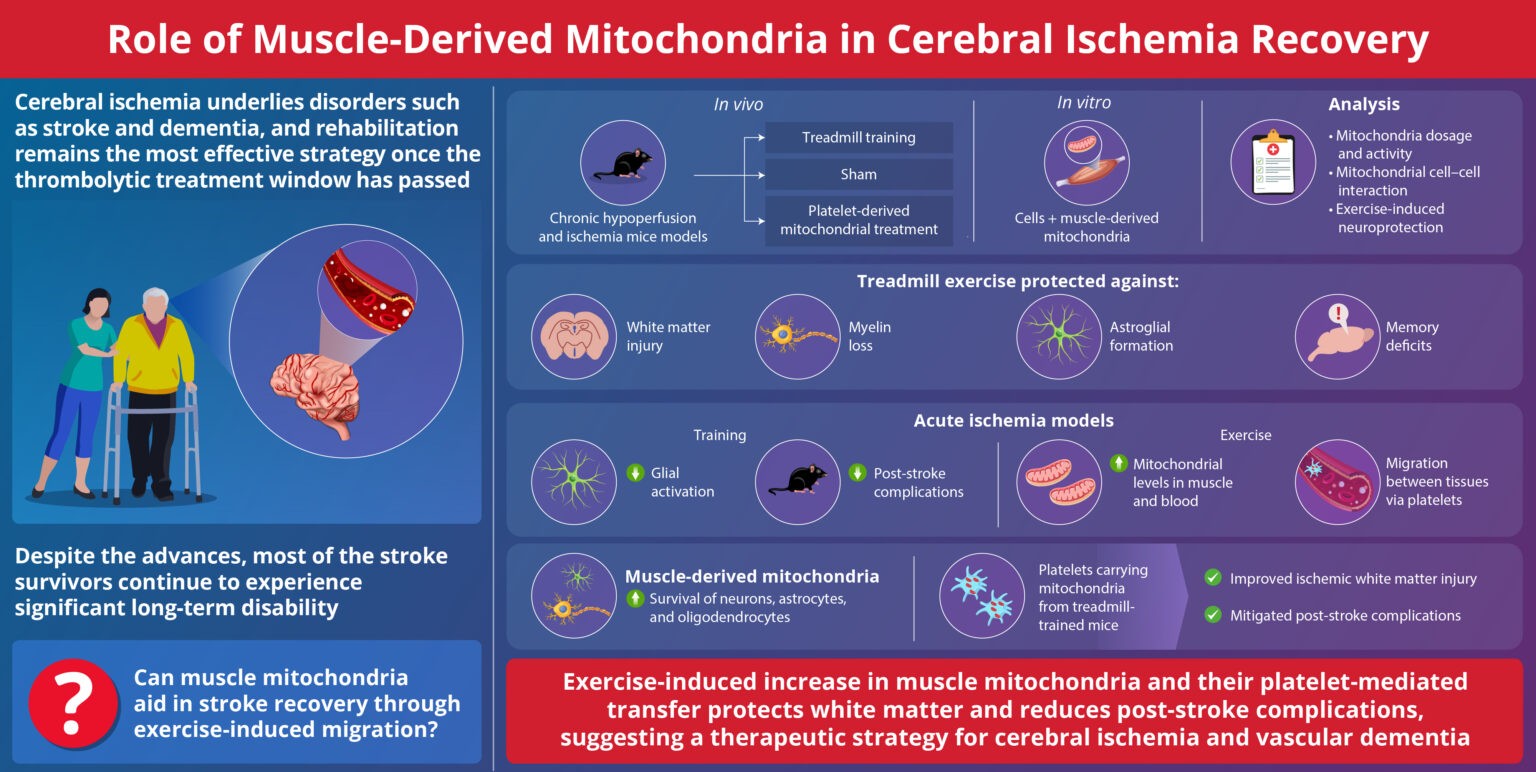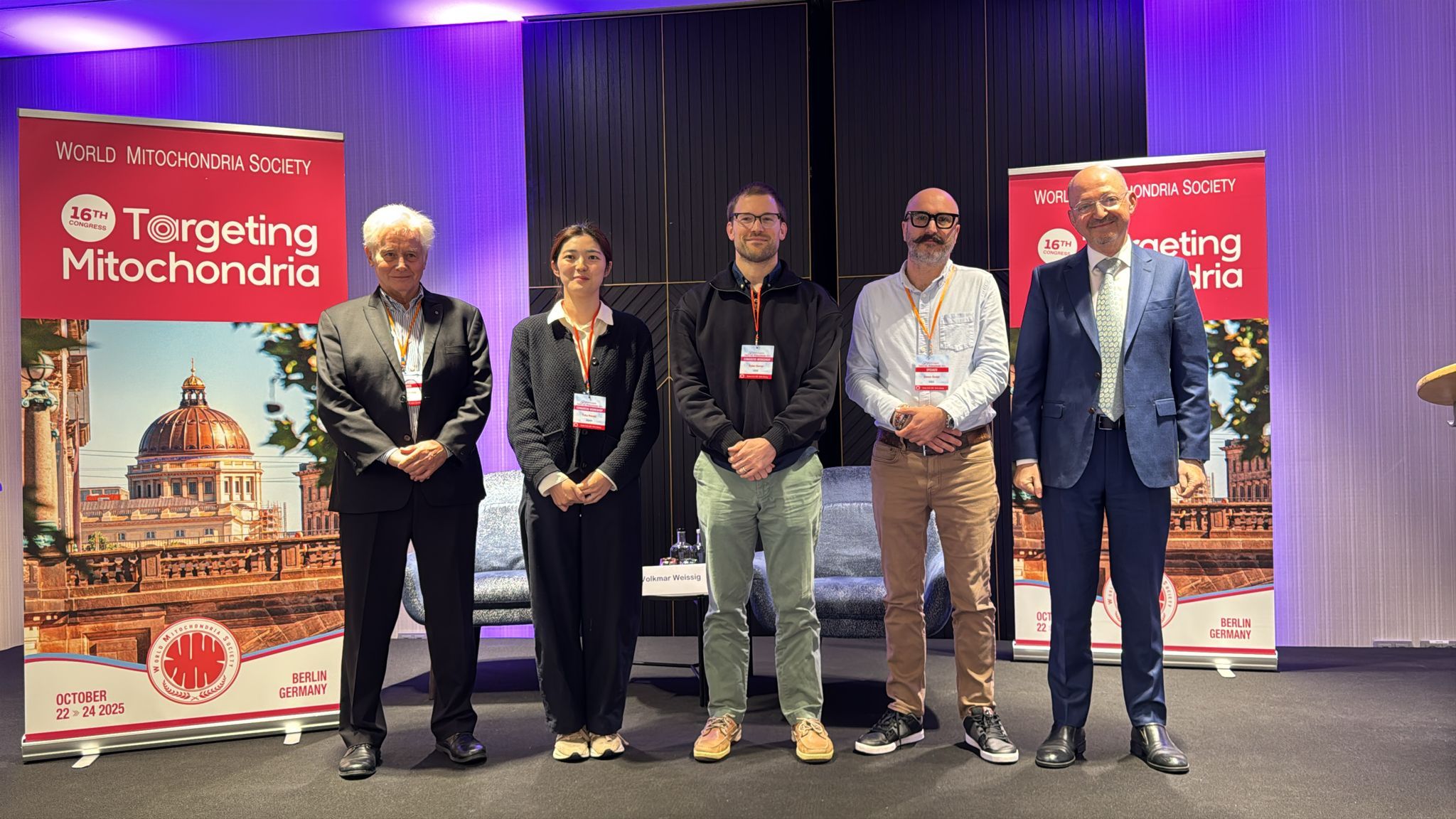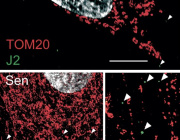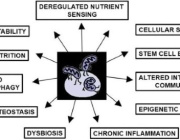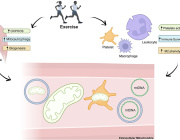New Treatment Shows Promise for POLG-Related Mitochondrial Disorders
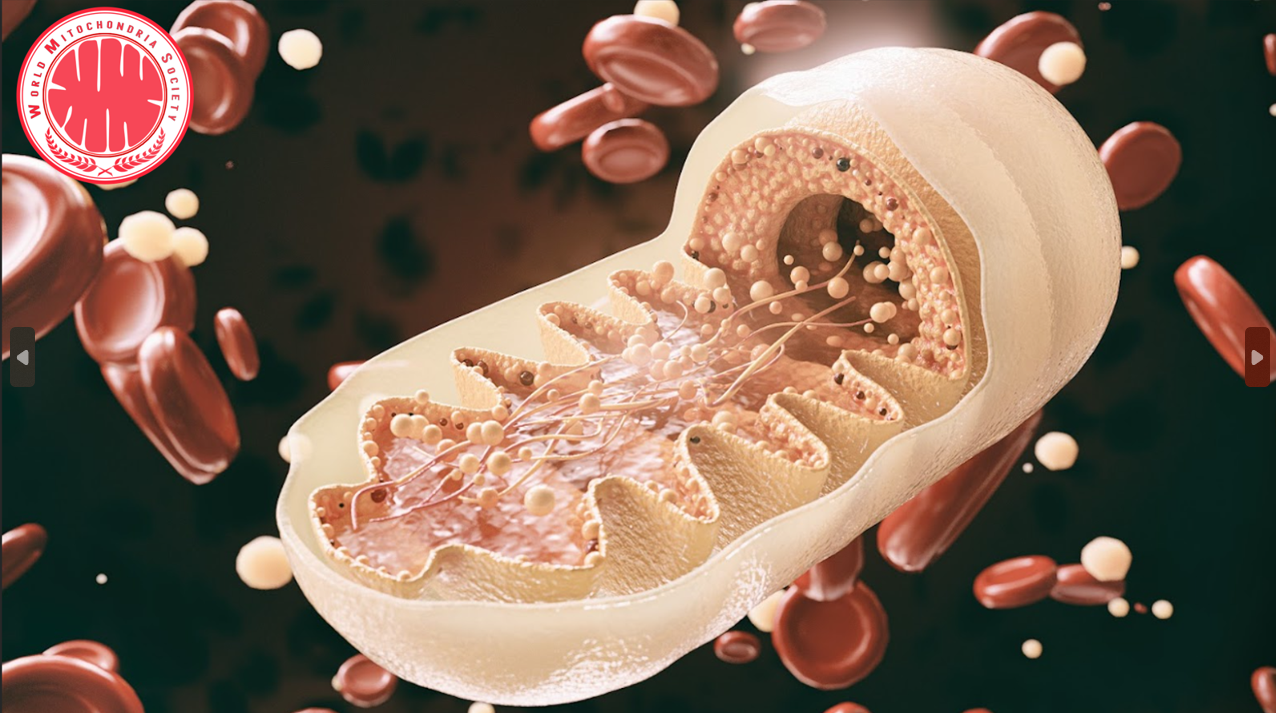
A clinical trial led by the Research Institute of the McGill University Health Centre (RI-MUHC) has identified Deoxycytidine/Deoxythymidine Combination Therapy as a safe and potentially effective treatment for POLG-related mitochondrial disorders. These disorders cause severe neurological decline, with patients typically surviving only five months after symptom onset. The preliminary results, published in eClinicalMedicine, were largely funded by the Liam Foundation, established after a patient’s diagnosis at the Montreal Children’s Hospital (MCH).
Dr. Kenneth Myers, a pediatric neurologist at MCH, noted, “Our study offers new hope, transforming what was once a death sentence into a chance for a better life. While not a cure, the treatment has significantly improved patients' conditions”.
Understanding the Condition
Mitochondrial diseases, affecting one in 5,000 people, result from dysfunctional mitochondria, the energy-producing parts of cells. In POLG-related disorders, mutations in the POLG gene reduce mitochondrial DNA (mtDNA), leading to seizures, vision loss, muscle issues, nerve damage, developmental delays, and liver failure. The therapy aims to replenish the mtDNA, enhancing mitochondrial function.
After six months, patients showed improved scores on the Newcastle Mitochondrial Disease Scale and lower levels of GDF-15, a marker of mitochondrial dysfunction. Caregivers reported better energy, motor skills, cognition, and communication. No serious side effects were observed.
Dr. Myers highlighted, “Many patients regress dramatically after infections or other triggers. This treatment supplies the mitochondrial DNA they need to function normally.”
Expanding the Trial
The trial included 10 children and adolescents with POLG mutations from the US, Brazil, and India. They received the treatment for six months, with some continuing for 24 months due to significant improvements. Another 14 patients have joined, and a follow-up study on long-term effects is underway.
Liam’s Story: From Despair to Hope
Liam, a ten-year-old with POLG-related mitochondrial disease, began having seizures in 2019. His father, Kevin Reason, started the Liam Foundation after learning about the potential of Deoxycytidine/Deoxythymidine. “Liam is now walking, communicating, and smiling. This treatment gives us hope and vital time to find a cure”, Kevin said.
Liam was the first North American patient in the trial. Thanks to the Liam Foundation and other supporters, 23 more POLG patients have since enrolled.









